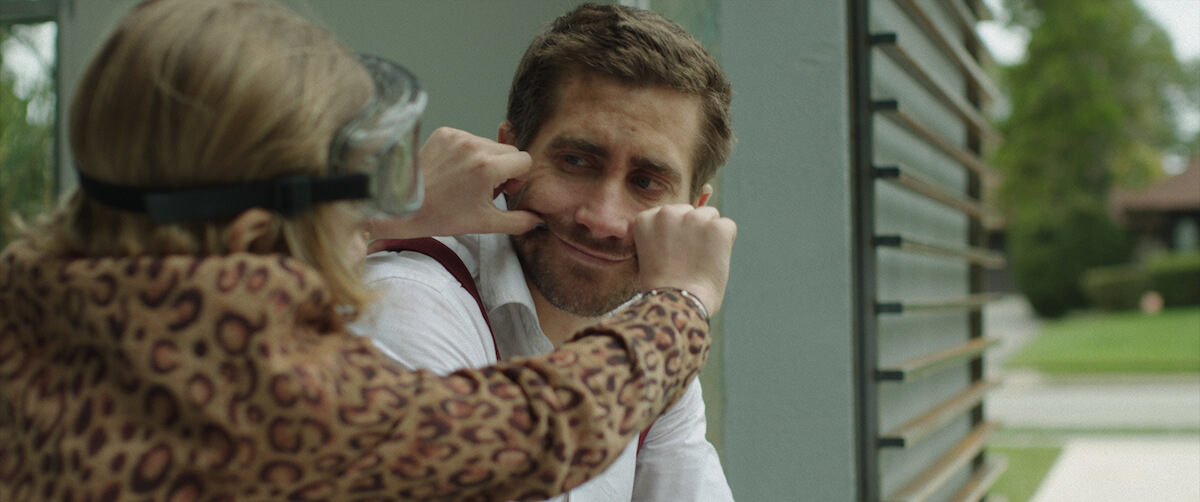
Canadian director Jean-Marc Vallée (Wild, Dallas Buyers Club, and Café de Flore) has created another nearly perfect film.
And he helped Jake Gyllenhaal, who has learned the value of Quebec’s gifted filmmakers, put in his strongest performance, outpacing even Nightcrawler.
Bryan Sipe’s screenplay about a business executive transformed by the accidental death of his wife is strong enough. It chews through sentimentality and convention to show us how it feels to lose everything – and to want to destroy everything as a result.
Vallée’s remarkable eye helps drive the action. He has Gyllenhaal’s Davis walk into a cemetery, causing a huge flock of pigeons to rise up at that very moment. How do you plan for that?
He follows Gyllenhaal leaping down cement street standards while puzzled bystanders stare.
And he shows the destruction of the perfect glass house that stands for all the false values that creep into our lives; he forces us to look at our own glass houses, our souls.
Those who work in glass offices are made to see themselves and stripped of hypocrisy.
Naomi Watts is a customer service person at a vending machines company. She receives a letter written by a man who has just lost his wife, who complains about a malfunctioning unit in the hospital he tried to use right after she died.
The rigidly written letter is Davis’s manifesto of how he thinks the world should function. He sends many more and she searches him out.
They appear to understand one another. Her outsider son, magnificently played by young Judah Lewis, becomes a rapt student of Davis’s newfound “clarity”.
Gyllenhaal’s character is beside himself. He stops replying to questions at work and doing what society expects of him, he takes a sledgehammer to his shiny refrigerator because it has a leak that bothered his late wife.
Davis brings Watts to his wife’s memorial charity launch. His new wisdom feels like insolence but he can’t help being this other person, who just may be the real him. The only way to find out is to find out once and for all, no matter what it takes.
Davis’s father-in-law (Chris Cooper), also his boss, feels threatened by his sudden freedom and the joy and curiosity he expresses in the days after his daughter’s death.
From there on in, the film is a revelation, a thing of beauty and spirit and life. Its’ also frightening, shocking and strong stuff.
Vallée doesn’t simply appeal to emotion and our sense of what should be, he urges us to take a leap into the unknown parts of ourselves before life forces us to. You never know what can happen in life.
Demolition is one of the year’s best films and should be amply rewarded in awards season. Gyllenhaal, who has amazed us in recent years with the risky material and roles he’s taken, goes even further into his seemingly endless store of talent.
Vallée’s masterpiece will ring true and stay with audiences. His talent is vast too.
Demolition, directed by Jean-Marc Vallée and starring Jake Gyllenhaal and Naomi Watts, is out tomorrow, Friday April 8.